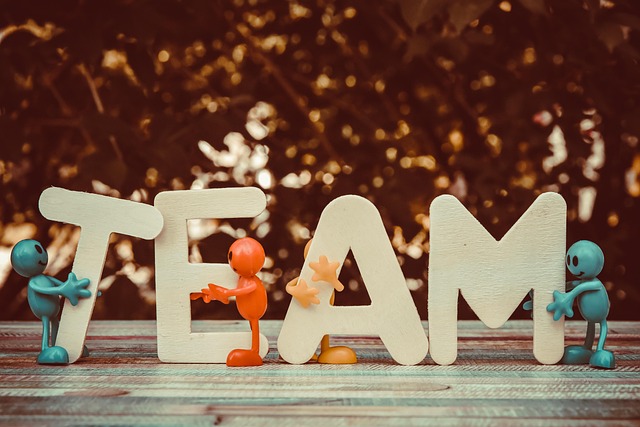Team cohesion is an essential aspect of achieving success in esports, and it is something every player and manager should prioritize. In the fast-paced world of competitive gaming, individual skill is important but without a tight-knit team, even the most talented players can falter. Games in the esports realm often demand precise coordination, unyielding communication, and unwavering trust among team members. When players feel like part of a cohesive unit, they can navigate challenges and adapt strategies in real time, leading to a significant advantage over their opponents.
Moreover, fostering team cohesion goes beyond simply playing well together. It involves creating an environment where team members genuinely respect each other’s strengths and weaknesses. This understanding allows players to be more willing to communicate openly about their feelings during matches and contribute their thoughts on strategy without fear of criticism. Ultimately, it’s about creating a bond that reinforces a shared goal: victory.
Participating in training exercises and team-building activities can enhance this vital connection. These activities not only develop individual skills but also promote a sense of unity that can translate into improved performance during tournaments. The pressures of competitive gaming can sometimes lead to conflict among teammates, but when a strong foundation of team cohesion is present, it acts as a buffer against these stressors. Players learn to resolve conflicts amicably and keep the focus on improving their gameplay rather than letting emotions take control.
In esports, where victories and losses can be determined in the blink of an eye, the synergy between players can be the decisive factor. When every teammate knows their role and trusts one another, they can execute complex strategies without second-guessing. This effective teamwork becomes particularly crucial in high-stakes scenarios, such as final matches in tournaments, where the pressure is immense and every decision matters. Teams that practice together regularly and build their cohesion are often the ones that come out on top.
Furthermore, team cohesion extends off the game as well. Regular communication through platforms, social media, and even casual outings can strengthen relationships. Understanding each other on a personal level allows players to bond more deeply and encourages empathy within the team. This camaraderie makes the gaming experience enjoyable and fosters a positive atmosphere, even during challenging times. Teams that enjoy each other’s company during downtime often see the benefits translate to improved performance during competitive play.
As games continue to evolve and new genres emerge in the esports landscape, remaining adaptive is key. Teams that cultivate a culture of team cohesion are better equipped to face these challenges head-on. They can brainstorm creative strategies and pivot effectively when unforeseen circumstances arise. Maintaining this level of flexibility while reinforcing bonds will help teams stand out in the increasingly saturated esports field.
Ultimately, team cohesion isn’t just a concept; it’s a game-changer in the esports community. The thrill of gaming is often magnified when individuals come together to form a unified front. As the landscape continues to grow, it’s becoming increasingly clear that teams with strong cohesion will not only dominate the competitions but also create an engaging environment that players want to be a part of. This motivating factor could very well be the difference between a team that merely participates and one that truly excels.




